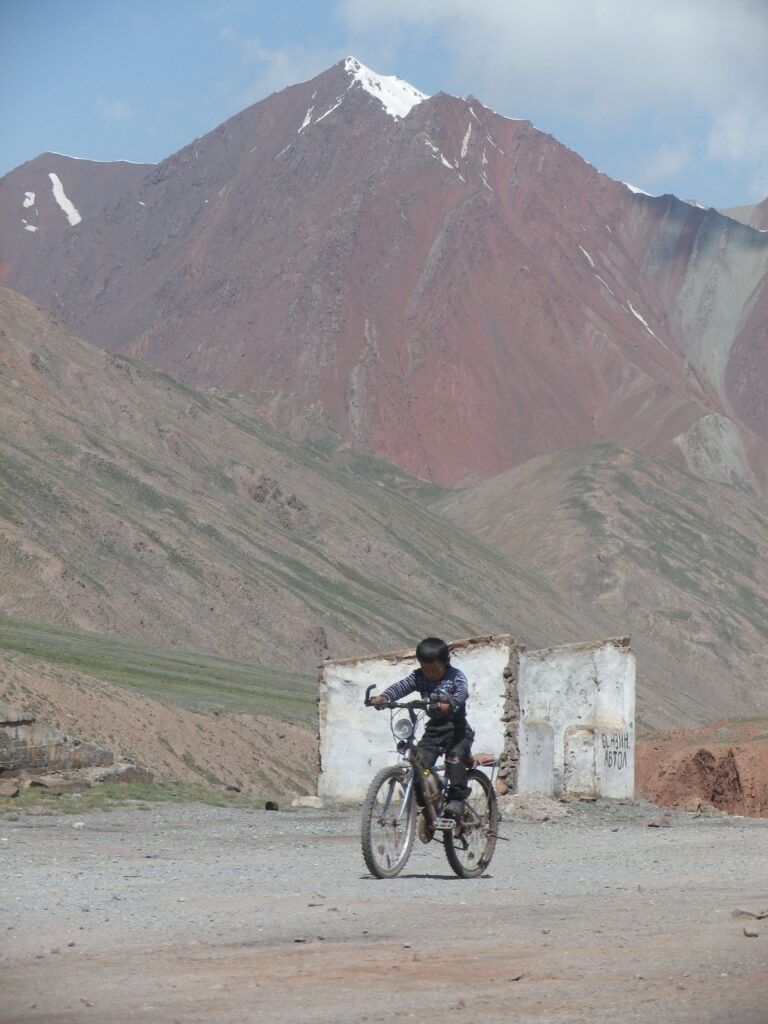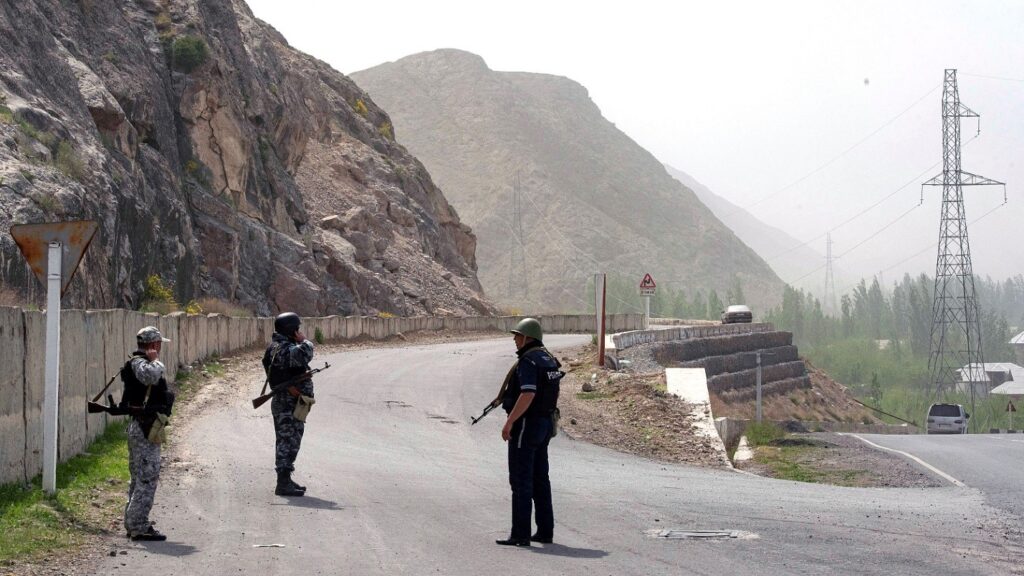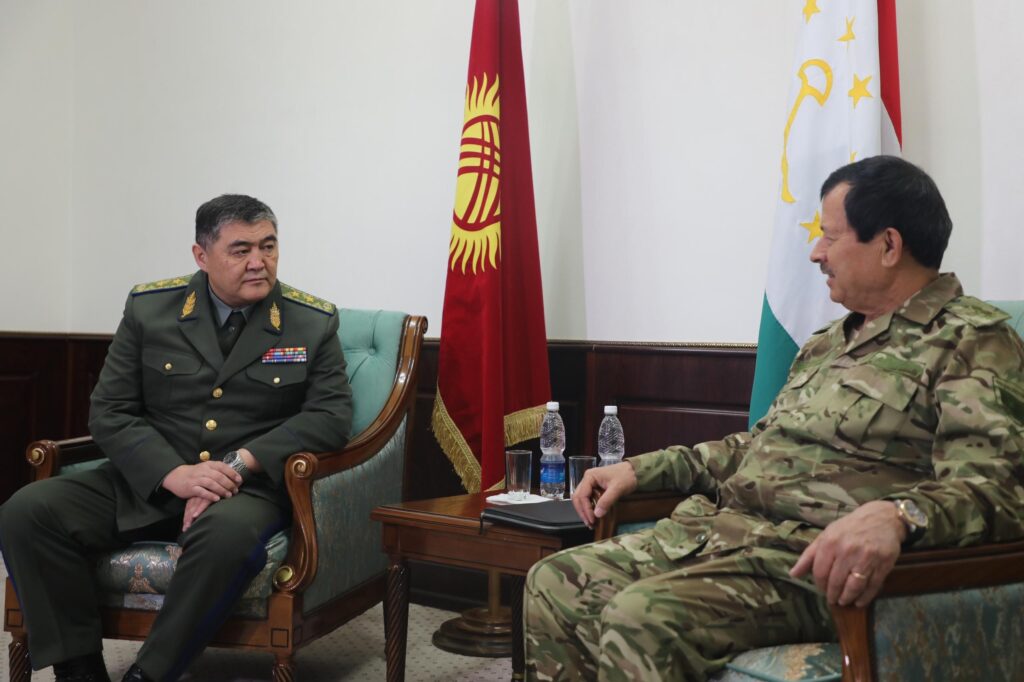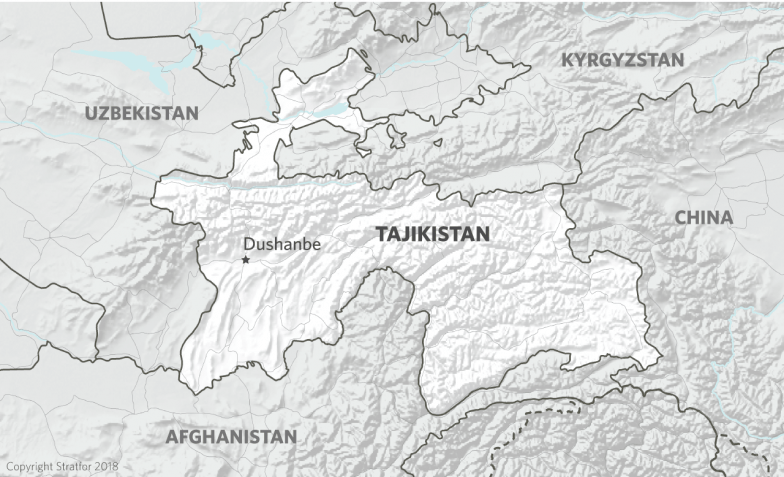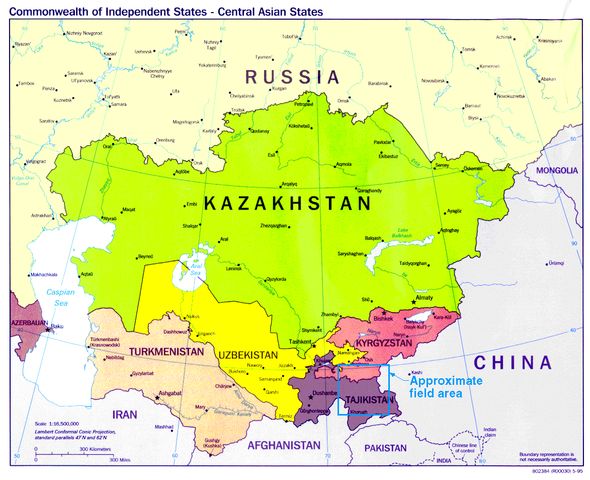Stepping Out of Stalin’s Shadow: Kyrgyzstan and Tajikistan Demarcate 90% of Border
Representatives of the Kyrgyz Republic and Tajikistan met in Bishkek on February 5th to complete negotiations on another 3.71 km of the common state border, the press service of the Cabinet of Ministers of the Kyrgyz Republic has reported. The next meeting will be held in Tajikistan, with no date yet specified. Currently, approximately 90% of the border has been demarcated, with the remaining 10% still considered disputed. A long-standing source of conflict between the two nations, it is emblematic of the problem that even the length of the border - sometimes cited as being 975-kilomtres long, and at others times 972-kilomteres - is rarely agreed upon. As of January 2023, Tajikistan’s President Rahmon stated that 614-kilometres had been settled upon, backtracking on a previously stated figure of 664.[/vc_column_text][vc_single_image image="14394" img_size="full" el_class="scond-image" parallax_scroll="no" woodmart_inline="no"][vc_column_text woodmart_inline="no" text_larger="no"]In a sign of thawing relations, however, on November 9th 2023, the Cabinet of Ministers of the Kyrgyz Republic announced that a further 17.98 kilometers of the border had been agreed. With its scant natural resources and dwindling water supplies, the border between Kyrgyzstan and Tajikistan has been the scene of numerous skirmishes for many years. In 2014, all borders between Kyrgyzstan and Tajikistan were closed indefinitely to Kyrgyz and Tajik citizens following clashes over a bypass road in disputed territory; mortars were fired and both armies suffered casualties. Trouble spilled over again throughout 2021 and 2022, reportedly starting over a water dispute in the Vorukh enclave, and leaving an unknown number in the hundreds killed, and up to 136,000 people evacuated.[/vc_column_text][vc_single_image image="14397" img_size="full" el_class="scond-image" parallax_scroll="no" woodmart_inline="no"][vc_column_text woodmart_inline="no" text_larger="no"]An enduring example of the chaos left behind by the USSR, the arbitrary division of Central Asia into Soviet Socialist Republics wholly disregarded existing cultural and geographical realities. This is exemplified by Stalin's application of Lenin’s policy on the “self-identification of working people,” a classic divide-and-rule play which saw culturally Tajik cities such as Samarkand and Bukhara being incorporated into Uzbek territory. In exchange, Tajikistan was given the inhospitable Khojand landmass surrounding the Fan Mountains. As late as 1989, Tajikistan petitioned Mikhail Gorbachev for the ‘return’ of Samarkand and Bukhara.[/vc_column_text][vc_single_image image="14400" img_size="full" el_class="scond-image" parallax_scroll="no" woodmart_inline="no"][vc_column_text woodmart_inline="no" text_larger="no"]This haphazard division also isolated around 100,000 residents in the Ferghana Valley from their central governments, creating eight large enclaves. Although three of these enclaves had populations fewer than 10,000 and two were used exclusively for pastures, the remaining three - Sokh (Uzbekistan within Kyrgyzstan), Vorukh (Tajikistan within Kyrgyzstan), and Shakhimardan (Uzbekistan within Kyrgyzstan) have repeatedly proven problematic, particularly when countries enforce strict border regulations in response to disputes and disagreements over demarcation arrangements. These enclaves have been hotbeds for conflict: between 1989 and 2009, the Ferghana Valley witnessed approximately 20 armed conflicts, and in 2014 alone, Kyrgyzstan reported 37 border incidents.


